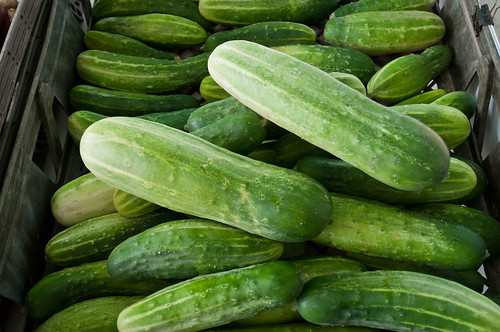
As consumer demand for fresh fruit and vegetables increases, so do the production risks for the nation’s farmers as they grow these crops. To meet this challenge, the Risk Management Agency (RMA) pays close attention to the changing agriculture sector to ensure that crop insurance is made available where feasible.
A tremendous amount of work goes into offering a new insurance product, making sure that the product provides the coverage needed by growers at a reasonable premium without distorting the market or affecting a grower’s management decisions for the crop. New insurance products must have written policy, underwriting and loss procedures, as well as an actuarially-sound premium rate. The ability to innovate with new and expanded insurance offerings to reflect modern and changing farming practices is central to how the Federal Crop Insurance Program works.
Pilot insurance programs are offered on a limited scope to test the product and make sure it works and there is enough grower interest to convert it to a program. Beginning in 2014, crop insurance will be available as a pilot insurance program for cucumbers in Delaware, Illinois, Indiana, Maryland, Michigan, North Carolina and Texas. Coverage will also be available as a pilot insurance program for tart cherries in Michigan, New York, Utah, Washington and Wisconsin.
Putting a pilot program in place takes input from growers, processors and crop experts to gather background information and research. For tart cherries, huge losses in Michigan in 2012 due to frost was a reminder of the need for a modern safety net for those producers. As result, RMA worked to develop a plan to meet the needs of tart cherry producers and the pilot was approved by the Federal Crop Insurance Board in 2013. Tart cherry producers now have an extra tool to guard against frost and other natural disasters.
Additionally, each year insurance plans are expanded and contracted to meet changes in farming.
Next spring, insurance will be expanded in 38 counties for crops such as processing tomatoes in Indiana and Michigan, and popcorn in Indiana. To control program cost, insurance has been pulled in 138 counties on crops that are no longer grown in certain counties. This balance is what keeps crop insurance current with changes in the industry and a viable way for today’s farmers to manage their risk.
Production agriculture is constantly changing. Crop insurance is right there, making sure farmers have a modern and affordable risk management tool at their disposal.


